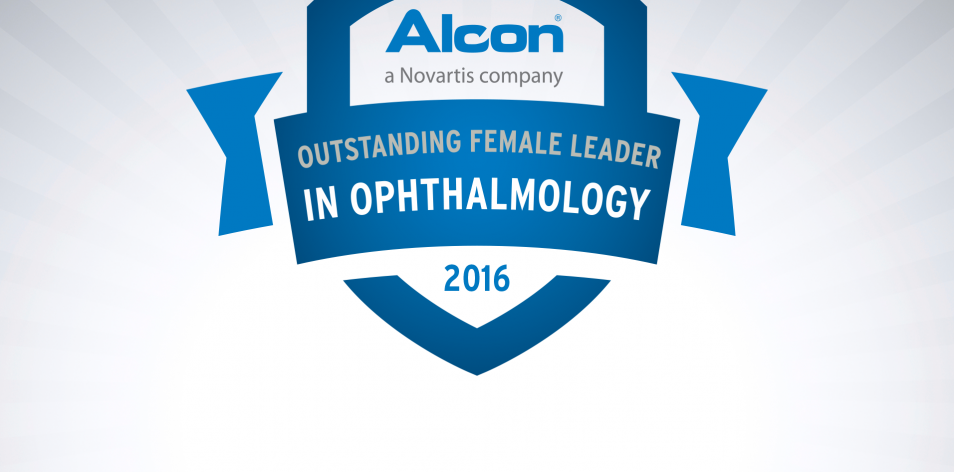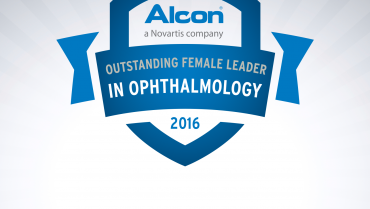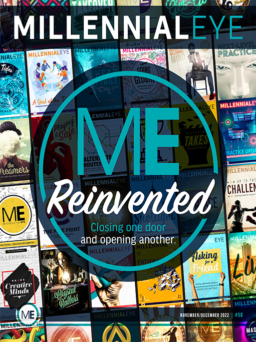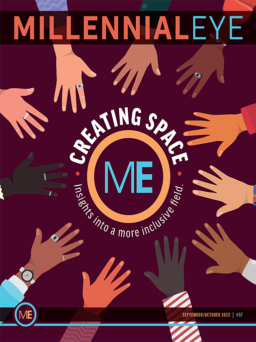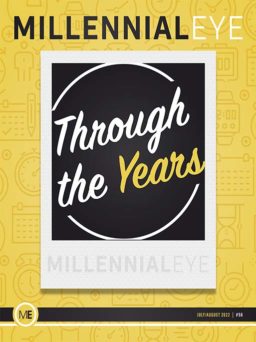supported by

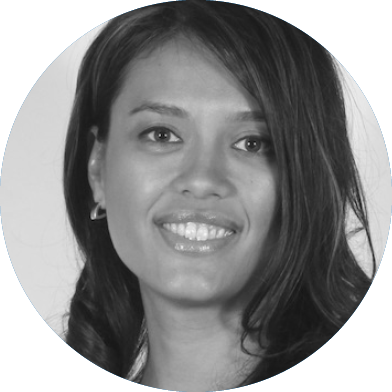
Jennifer Loh, MD
Dr. Loh is the Founder of Loh Ophthalmology Associates in Coral Gables, Florida.
Please share with us your background.
My family and I moved a lot during my childhood, but eventually we settled in Indianapolis, Indiana, where I completed high school, attended Butler University for undergrad, and then went on to Indiana University for medical school, internship, and residency.
After completing residency, I moved to Fort Lauderdale, Florida, and embarked on my first position by joining a small private practice. A couple of years later, I transitioned to a larger practice in Fort Lauderdale, which gave me great experience managing a higher and more complex level of cataract surgeries. After several years of working as an employed physician, I became inspired to start my own practice after hearing a talk by Will Christian, MD, at the ME Live meeting in 2015!
What is the focus of your current research?
I am interested in ocular surface disease and its role in refractive outcomes during cataract surgery. I have also been participating in a retrospective chart review on the outcomes of the new lower-add multifocal IOLs in comparison to higher-add multifocal IOLs. Our recent results were presented at the 2016 American Society of Cataract and Refractive Surgery (ASCRS) meeting.
What has your experience been collaborating with industry?
My experience collaborating with industry has been very positive. Although I have been in practice for just 5 years, already so much has changed and improved for the better with technology and medicine due to the constant forward progress of industry. It has been amazing to see the wonderful progress and achievements in technology created by our industry and to help participate in this exciting field so that both eye care professionals and industry can work together to help improve the lives of patients!
In your opinion, how is the role of women in ophthalmology evolving?
Women in ophthalmology have been increasing their numbers, networks, and influence. Through mutual collaboration with each other—including among ophthalmologists, industry leaders, office managers, and support staff—we have truly created a great environment for ourselves and our patients. Organizations such as Ophthalmic Women Leaders (OWL), Women in Ophthalmology (WIO), and CEDARS/ASPENS have done so much work to support women in ophthalmology, and the future has more progress to come. More female ophthalmologists are graduating from residency and taking prominent positions in both private practices and academia. In addition, I am encouraged to see not only more women speakers on the podium and collaborating with industry but also a greater awareness in the field of the importance of our participation.
What, if any, hurdles do you feel women in health care still face?
I think one of the biggest challenges women in health care still face is that of knowing our own self-worth and the value we bring. I am fortunate to have many wonderful female friends in all parts and levels of the field, and everyone is truly humble, hardworking, and intelligent. However, what I notice—and I am just as guilty of this—is that, in general, we undervalue our contributions and downplay our accomplishments. I believe that this is something that can hold women in health care back from achieving all that they desire and deserve.
What advice can you offer to young female ophthalmologists who are still in training or just beginning their careers?
Speak up, and don’t be afraid or shy to ask questions of your attendings or partners in practice. Don’t assume that something isn’t possible just because it hasn’t been done before. If you are in your practice and can identify a better process that would help improve patient care, share your thoughts and be confident in your opinions.
Can you propose a unique or creative idea that may help women in ophthalmic practices?
I think working with a practice consultant, especially when looking for a job or when considering joining a practice, is essential. I learned the hard way that the extra effort and money spent on a consultant is completely worth it. A practice consultant can truly help guide you through the process and make you more confident in many decisions.
Also, learning more about business in general can go a long way to help develop your personal and professional career. I have been completing the Physician CEO course this year and have learned invaluable lessons not only about business but also about being a leader in life and in my career. While we spend much of our time in the science of medicine and ophthalmology, it is refreshing and rewarding to see another perspective and gain knowledge outside of our field.

